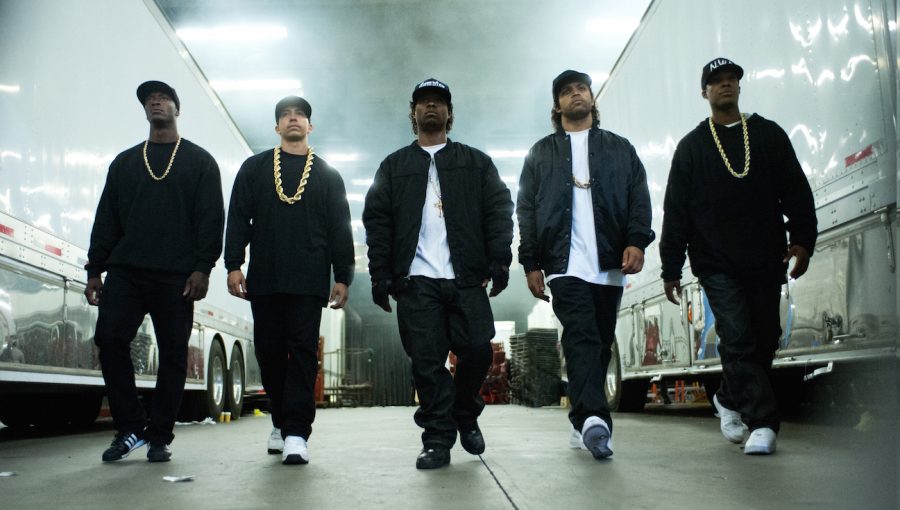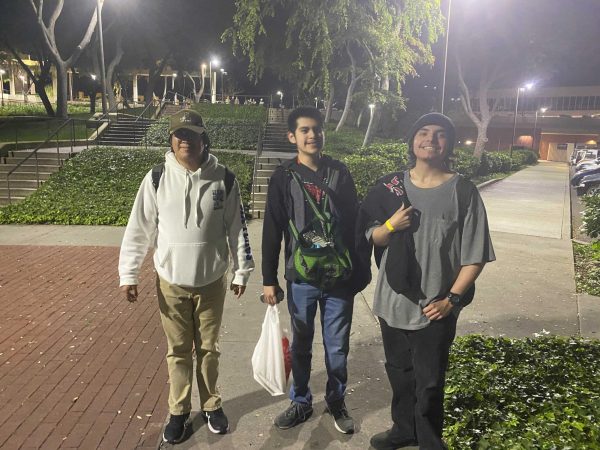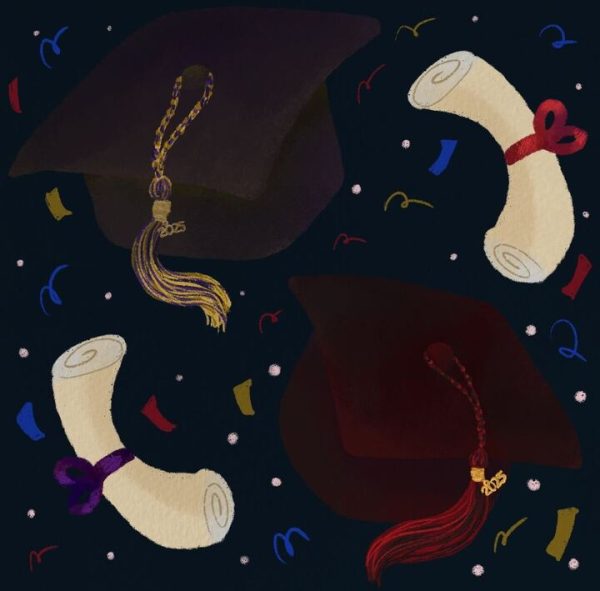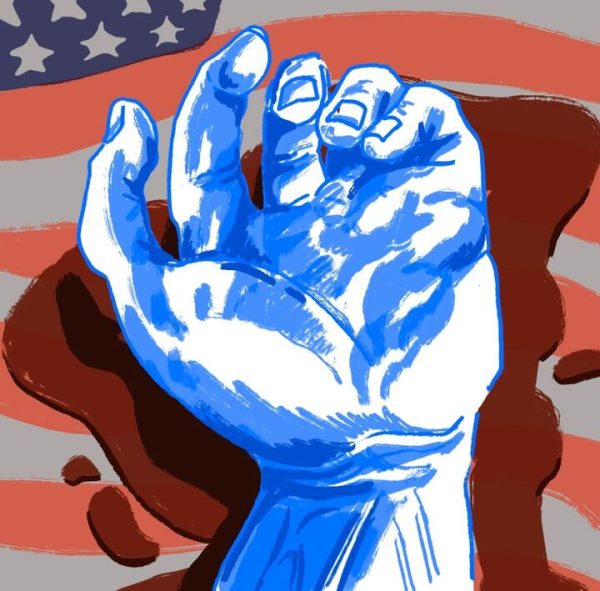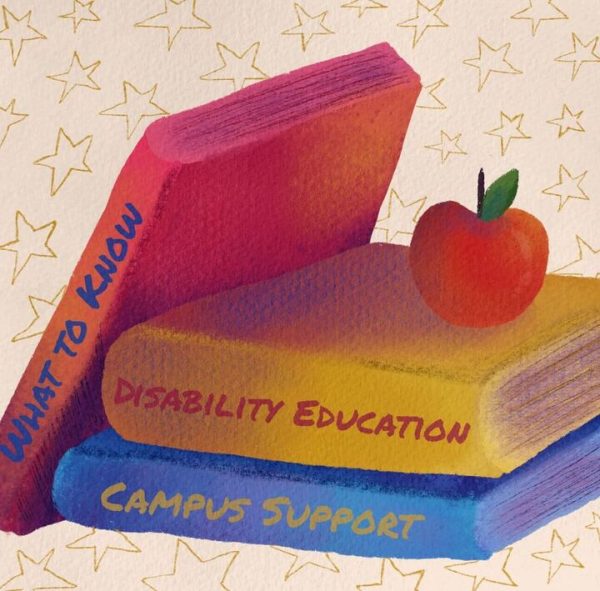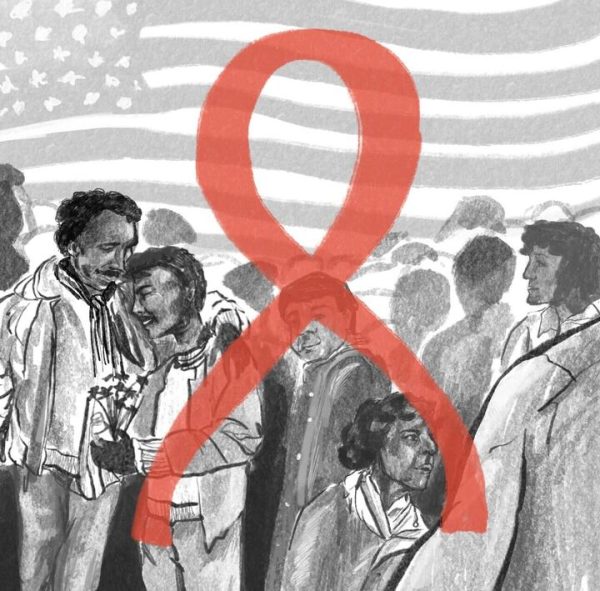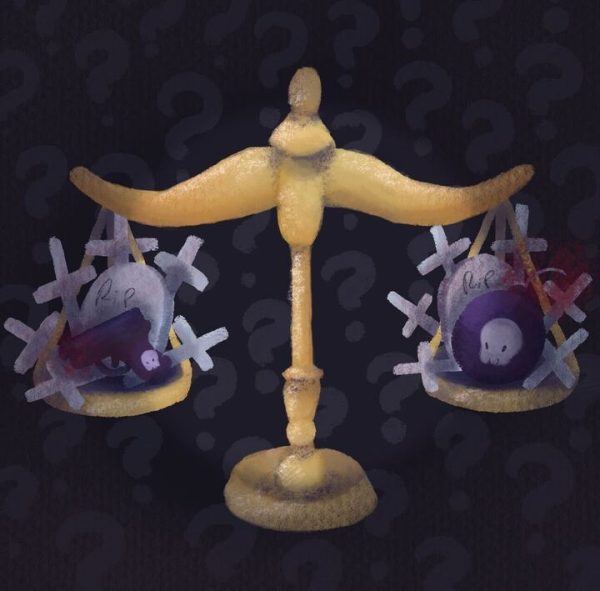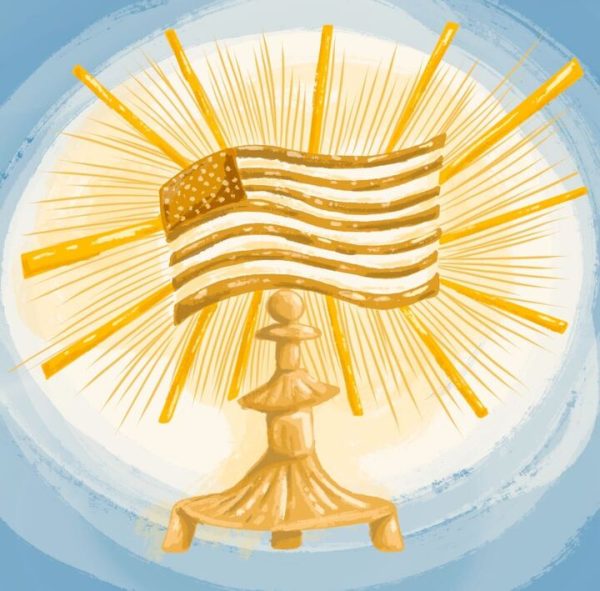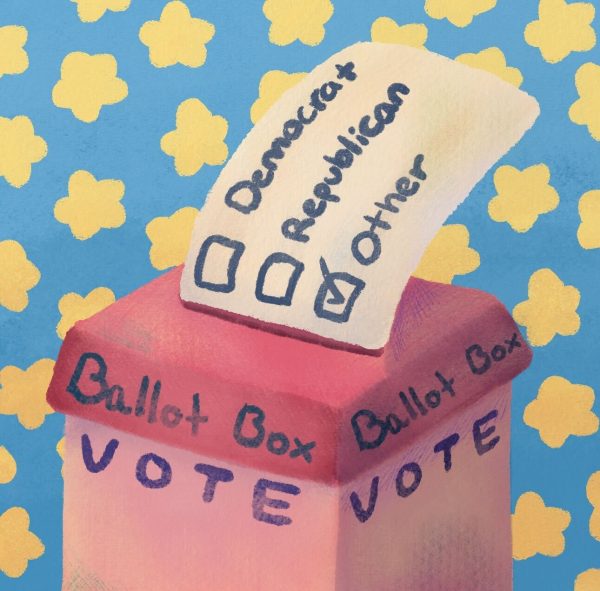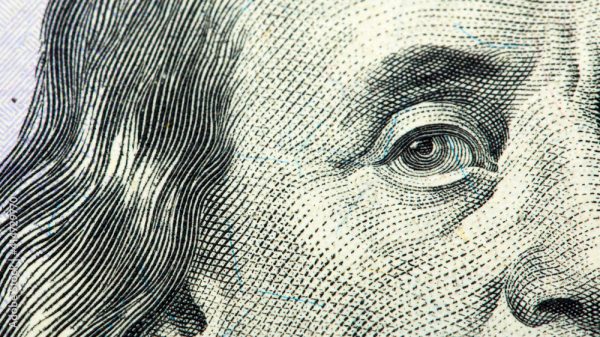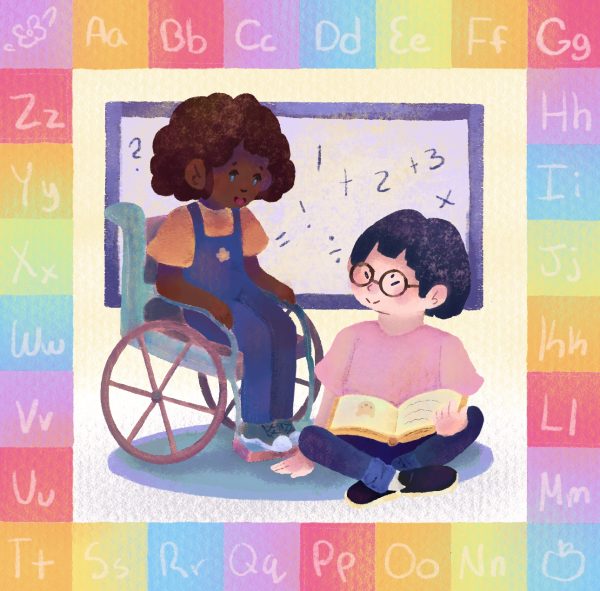OPINION: N.W.A’s ‘F*** tha Police’ is as relevant today as it was in the 80s
May 20, 2022
“Our music was our only weapon,” stated Ice Cube in a Rolling Stone article.
Ice Cube was one of five members of N.W.A. — a popular rap group from Compton, California. The group also consisted of Dr. Dre, Eazy-E, DJ Yella and MC Ren. The artists were known for their explicit gangster rap. One of their most famously-known songs, “F*** tha Police,” which came out in the 80s, has become arguably their most influential piece.
Similar to the beat poets that initiated social change with the use of their literature in the 60s, the song lyrics of N.W.A. became a medium of expression on the abuse they witnessed in their communities.
It was their poetry. They grabbed their audience’s attention to the cries in Compton with the use of vulgar language. The lyrics were explicit and violent. They symbolized the excessive policing of Black neighborhoods in the 80s.
N.W.A’s “F*** tha Police” song is a multidimensional outlet that touches the spirit of their audience. They use their distinct style and rhythm as a stream of consciousness. Its lyrical form of expression becomes these men’s testimonies on the front line of violence.
Ironically, a song that was not given any radio or television media streams at all was able to create social change. They exposed their audience to a protest song against the police.
Surprisingly, most streams at the time came from young white teen boys. The reason was because their parents hated it. Older generation white Americans despised the song because of the profanity and opposition to police. However, it allowed their children to rebel against them by listening to the song.
The lyrics included: “police think they have the authority to kill a minority” and “they put out my picture with silence, cause my identity by itself causes violence.”
As described in “Rappers Sounded Warning,” in Rolling Stone, “Before the riots, only one source was available to communicate the attitudes of inner-city America to the white mainstream. This source was rap music.”
The song exposed white Americans to a reality different from theirs, one of violence and drugs.
“F*** tha Police” was an eyewitness account for the injustice occurring in low-income neighborhoods like Compton. An unapologetic testimony of the hurt they were forced to witness. The song responded to the devastating abuse the Black community dealt with in Los Angeles. The 80s was an era poisoned with subliminal racist laws. It targeted mainly low-income Black communities.
The main reason was the war on drugs, which was initiated in 1971. The U.S. federal government said the purpose was to eliminate illegal drug use. Yet, the harsh sentencing and drug laws led to a mass incarceration.
“One in every four African American males aged 20 to 29 was either incarcerated or on probation or parole by 1989, which contributed to the United States having the highest incarceration rate in the world. By 1995, that statistic had increased to nearly one in three,” according to the Britannica website.
With racist policies and tension in the streets of Los Angeles, N.W.A. used music as their safest form of expression. It challenged society to listen to the abuse happening in their neighborhoods.
The song continues to be a weapon for communities still encountering injustice in their communities. “F*** tha Police” still continues to transcend as a protest song.
The senseless murder of George Floyd led to global Black Lives Matter protests in the summer of 2020. The song’s streams increased by 272% from May 27 to June 1. The streams had increased previously in 2015 after a police officer killed Michael Brown in Ferguson, Missouri.
The lyrics serve as a defiance against a racist system. The explicit language directly calls out the abusive policing low-income neighborhoods are used to.
Ice Cube stated that, “[I]t is also a music that makes its audience think and tells the truth about the world — their world, a place they don’t see represented anywhere else.”
“F*** tha Police” is an entity that sends a message to every one of its listeners. It is honest and in your face. It is a reaction of five men tired of abuse. A message that answers to the tiresome years of abuse from the government in low-income communities.
